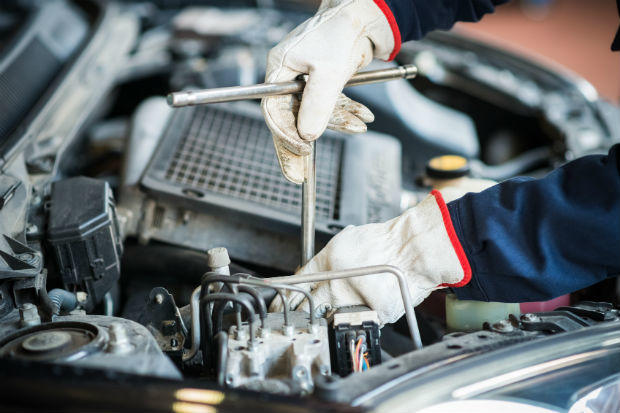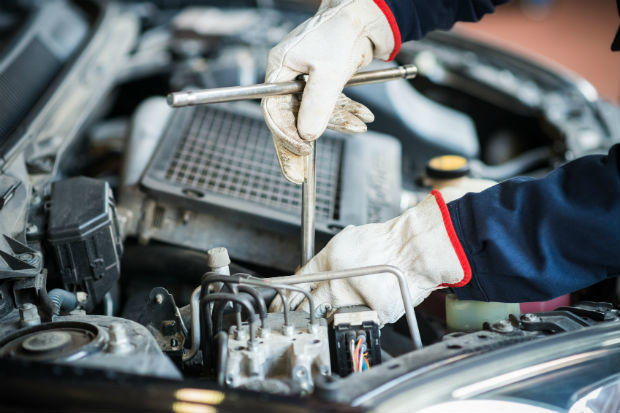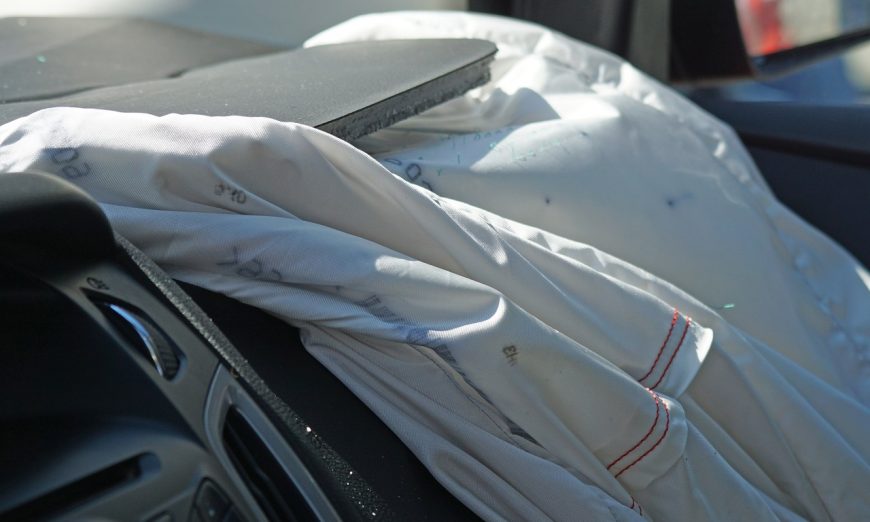
Anyone still using the verbiage “What you don’t know can’t hurt you” needs to stop now because it’s exactly the opposite. Paying someone to complete a job you know nothing about and then trusting them to do the job right is financially irresponsible and should be avoided at all costs. Auto mechanics are certainly not the only profession where consumers can be taken advantage of, but it’s one of the most prominent.
Mechanics often get a bad rap because they are viewed as being sneaky, underhanded, dishonest people that are always trying to screw consumers over. While you’ve probably heard your fair share of auto repair nightmares, a well educated and well prepared customer will have an infinitely greater chance of finding an honest and well respected mechanic, and that’s what were going for here today.
Finding a good mechanic can be one of the most valuable adds to your portfolio. Between normal check-ups, routine maintenance and emergency repairs, the average consumer spends thousands of dollars in auto repairs for each car they own. And over the course of your life, that’s a lot of cars! Just as you would with any other financial decision, seeking out the right body shop takes a little research, a little time and hopefully a little fun. With the step-by-step checklist below , you can ensure that you’ve done your homework, which should translate into big time future savings and an even bigger peace of mind.
1. Hit your social network for suggestions and for places to avoid. This is one of the areas where one’s personal network can really come through. Reach out to as many people as you can in your area and ask for mechanic recommendations – both positive and negative.
2. Check for certification. An Automotive Service Excellence (ASE) certification is a good indicator of a trustworthy and trained mechanic. You should also look for a shop that shows, in-store or on their website, affiliations with reputable establishments. Another sign of credibility is if the shop services classic or specialty cars that require advanced expertise.
3. Find a shop for your brand of car. Many garages specialize in certain makes. Those that focus on your type are more likely to have the latest training and equipment to fix your vehicle.
4. Do they communicate clearly? Does the mechanic clearly explain what they are going to do and take the time to answer your questions? Do they give you an estimate and stick to it? If extra work does need to be done, will they check with you first before the new charges are incurred?
5. Bring Your Car In For a Test Run. Before spending hundreds or thousands of dollars on a repair, test a few shops out in your area by bringing your car in for regularly scheduled maintenance like oil changes, tune ups, and routine inspections so you can get a feel for the place. Take a look at all of the certifications and awards they’ve got hanging up and check out the overall cleanliness and organizational habits of the staff and shop. A good auto repair shop will be organized and well staffed.
Don’t just settle with the estimate from the first place that you go. Always get at least three estimates in as much detail as possible, preferably from the three best places from your previous search for a good mechanic. Ask questions about the estimates and also about the actual service you would receive.




